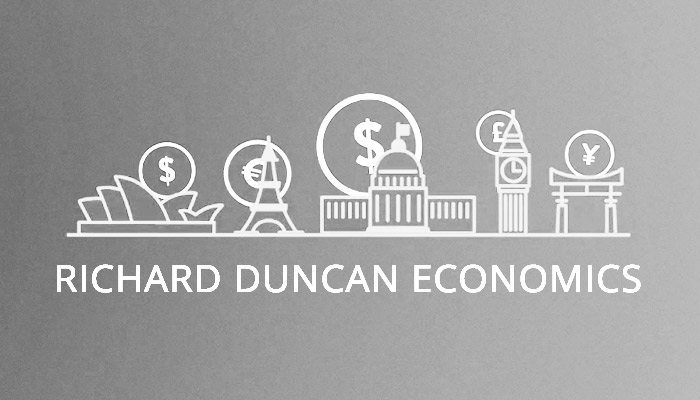A Monetary History of the United States, 1867-1960

Posted May 24, 2021
Friedman and Schwartz marshaled massive historical data and sharp analytics to support the claim that monetary policy–steady control of the money supply–matters profoundly in the management of the nation’s economy, especially in navigating serious economic fluctuations. In their influential chapter 7, The Great Contraction–which Princeton published in 1965 as a separate paperback–they address the central economic event of the century, the Depression. According to Hugh Rockoff, writing in January 1965: “If Great Depressions could be prevented through timely actions by the monetary authority (or by a monetary rule), as Friedman and Schwartz had contended, then the case for market economies was measurably stronger”.

